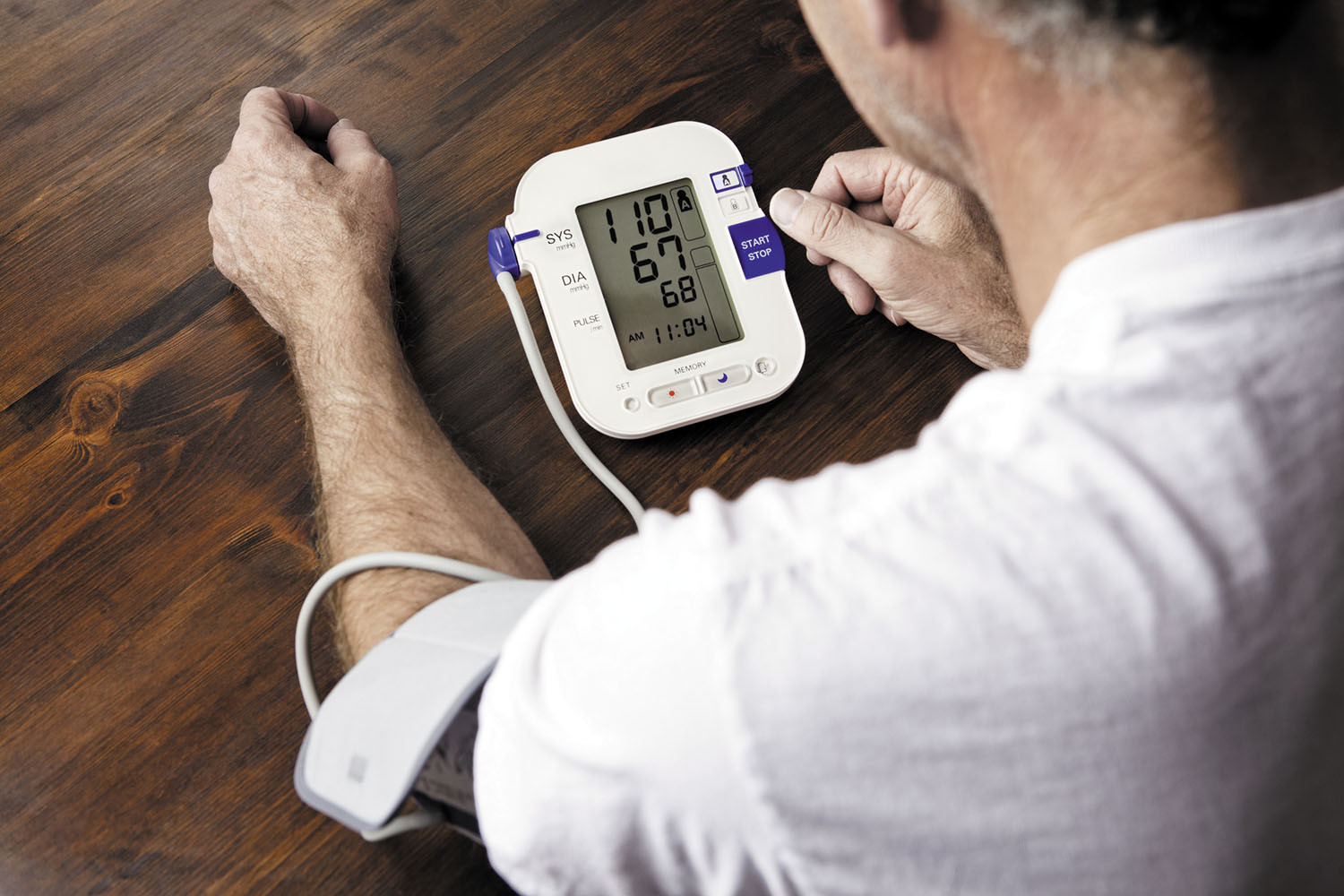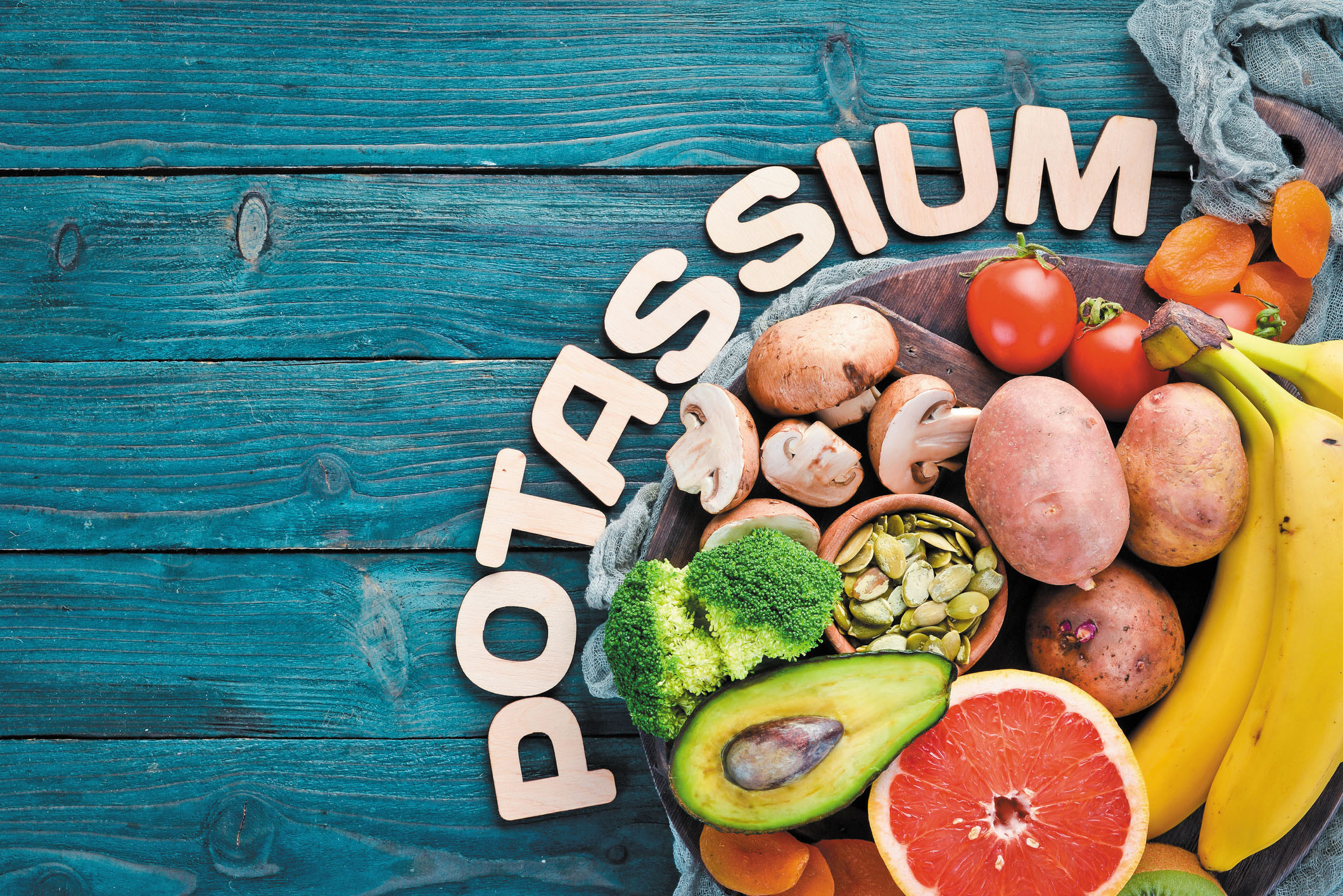
Tips to leverage neuroplasticity to maintain cognitive fitness as you age

Can white noise really help you sleep better?

Celiac disease: Exploring four myths

What is prostatitis and how is it treated?

What is Cushing syndrome?

Exercises to relieve joint pain

Think your child has ADHD? What your pediatrician can do

Foam roller: Could you benefit from this massage tool?

Stepping up activity if winter slowed you down

Common causes of cloudy urine
Stroke Archive
Articles
7 things you can do to prevent a stroke
Aging and a family history can increase the risk for a stroke, but women can lower it by managing factors that are under their control-such as diet, exercise, blood pressure, smoking, and diabetes.
Want a healthier heart? Seriously consider skipping the drinks
No amount of alcohol, including red wine, is good for the heart, according to a policy brief from the World Heart Federation. Drinking, even in moderation, increases the risk for heart-related conditions such as hypertension, heart failure, stroke, cardiomyopathy (a disease of the heart muscle), aortic aneurysm (a dangerous bulge in the wall of the aorta), and atrial fibrillation (an irregular heart rhythm). People who drink regularly might benefit from reducing their intake.
Hospitalization after a ministroke? Not necessarily
Someone who has a transient ischemic attack (TIA, or ministroke) needs prompt testing to look for the underlying cause. A 2022 study shows that people can safely get that evaluation at a specialized outpatient clinic rather than having to be admitted to the hospital. The testing usually includes a heart ultrasound (echocardiogram), cardiac monitoring, and imaging tests. The results guide targeted stroke-prevention treatments, which can reduce the risk of a future stroke by as much as 80%.
Enjoy avocados? Eating one a week may lower heart disease risk
Avocados are abundant in healthy fats, fiber, and micronutrients that boost heart health. A long-term study has found that people who eat avocado regularly have a lower risk of cardiovascular disease, which leads to heart attacks and strokes.
Does a low-salt diet really improve your health?
Using salt substitutes containing potassium chloride instead of using sodium chloride (table salt) may help reduce heart attack and stroke risk. A Harvard study published online Nov. 13, 2021, by The New England Journal of Medicine found that people who consumed the most sodium chloride had a 60% higher risk of a major cardiovascular event (a heart attack, a stroke, cardiac stent placement, or surgery) compared with those who consumed the least. People who consumed the most potassium chloride had a 31% lower risk of a major cardiovascular event compared with the people who consumed the least.
A look at diastolic blood pressure
When it comes to managing blood pressure, doctors tend to focus on lowering the top (systolic) number, but the bottom (diastolic) number also plays an essential role in heart health. Diastolic pressure is the pressure during the resting phase between heartbeats, and helps coronary vessels supply oxygen to the heart muscle. It’s important to keep both blood pressure numbers low per guidelines, but research suggests the diastolic number should not fall too low.
Close relationships with neighbors influence cardiovascular health in Black adults
A study of Black adults living in the Atlanta area suggests that feeling rooted in community and socializing with neighbors may strongly contribute to better cardiovascular health, which might lower risk for heart attacks and strokes.
Adding potassium and subtracting sodium may equal better heart health
Consuming less sodium and more potassium may be linked to better heart health, according to a November 2021 study published in the New England Journal of Medicine. After controlling for other risk factors, the researchers found that for every extra 1,000 milligrams (mg) of sodium detected in the urine, there was an 18% increase in the risk of cardiovascular disease. For every extra 1,000 mg of potassium in the urine, there was an 18% decrease in risk.
Your brain on high blood pressure
High blood pressure not only can raise risk for a heart attack, but also can affect the brain. Keeping blood pressure normal can make brain injury from stroke less likely to happen and perhaps slow the natural decline in cognitive function. Just like with the heart, the best way to protect the brain from high blood pressure is to lower blood pressure if it's high and keep it as close to a normal level as possible.
Fish linked to lower risk of vascular brain disease
Older adults who eat fish several times a week may be less likely to develop early signs of cerebrovascular disease, a category that includes strokes, aneurysms, and related problems.

Tips to leverage neuroplasticity to maintain cognitive fitness as you age

Can white noise really help you sleep better?

Celiac disease: Exploring four myths

What is prostatitis and how is it treated?

What is Cushing syndrome?

Exercises to relieve joint pain

Think your child has ADHD? What your pediatrician can do

Foam roller: Could you benefit from this massage tool?

Stepping up activity if winter slowed you down

Common causes of cloudy urine
Free Healthbeat Signup
Get the latest in health news delivered to your inbox!
Sign Up











